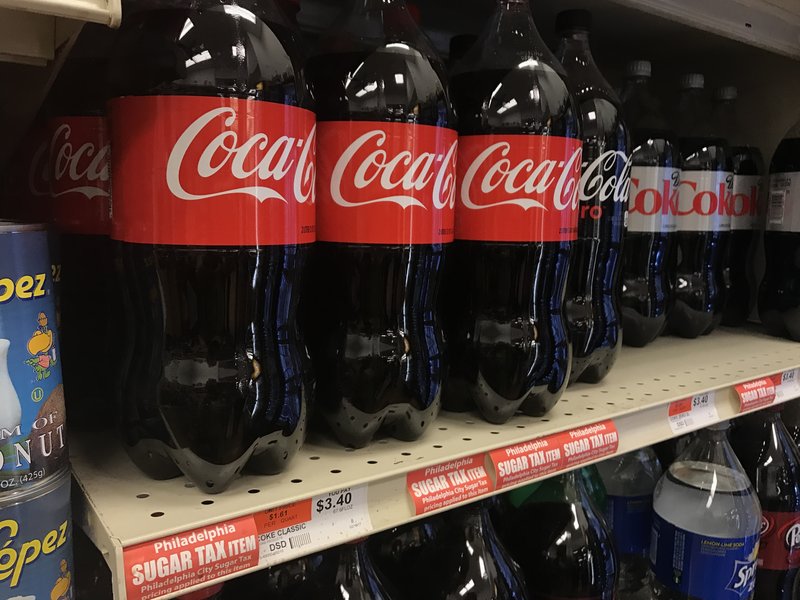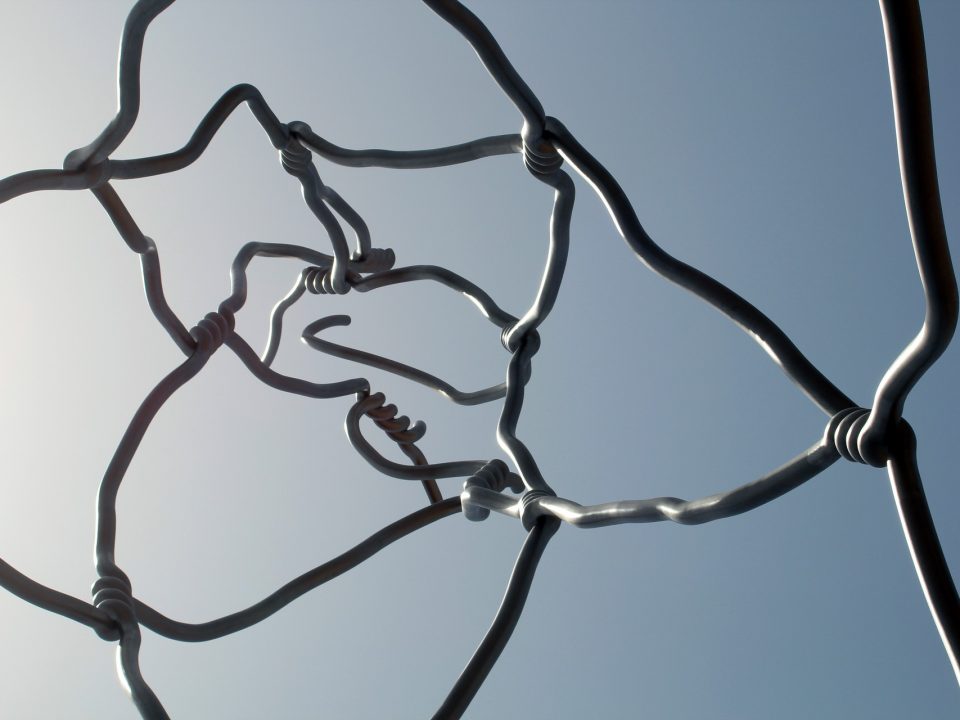Soda Tax Faces Yet Another Legal Challenge in Philadelphia

The soda tax will face yet another day in court. Today, oral arguments begin in a case brought forward by the American Beverage Association and local Philadelphia businesses against the tax on sugary beverages implemented by the City of Philadelphia on January 1st. The tax charges a levy of 1.5 cents per ounce on not just soft drinks, but sugar-sweetened juices, milks, teas, sports drinks, and coffees as well. It also applies to diet soda. The tax has been controversial since it was first passed by the City Council last summer, but opponents have doubled down on their efforts to shoot it down since it actually went into effect.

The soda tax is facing a new legal challenge in the Philadelphia Court of Appeals. The case could end up in the Supreme Court. (Allison Aubrey/NPR)
Beverage companies claim that they have lost profits as a result of the soda tax. Pepsi and Canada Dry say that they have had to layoff workers; Coca-Cola says that it is struggling as well. Social justice advocates argue that the tax imposes an unfair burden on poor and working-class families who drink soda as a treat and who cannot afford the extra dollar per 2-liter that the tax imposes. Some drink companies have started stocking shelves with smaller bottles to try and ameliorate the blow from the tax, cost-wise.
Soda companies are suing the city in the Court of Appeals. It is believed that the case could ultimately end up in the Pennsylvania Supreme Court.
Philadelphia mayor Jim Kenney stands by the tax and its original purpose, which was to fund schools and community centers. According to the numbers the soda tax has raised about $12 million so far in 2017, money that has gone a long way towards expanding pre-kindergarten programs and channeling funds to worthy causes.
Even if the soda tax passes this particular legal hurdle, it seems unlikely that its opponents will ever be willing to let the matter rest.



